The international power players behind Syria’s ‘civil’ war
In Depth: proxy wars are under way between Israel and Iran, Turkey and the Kurds, and US and Russia
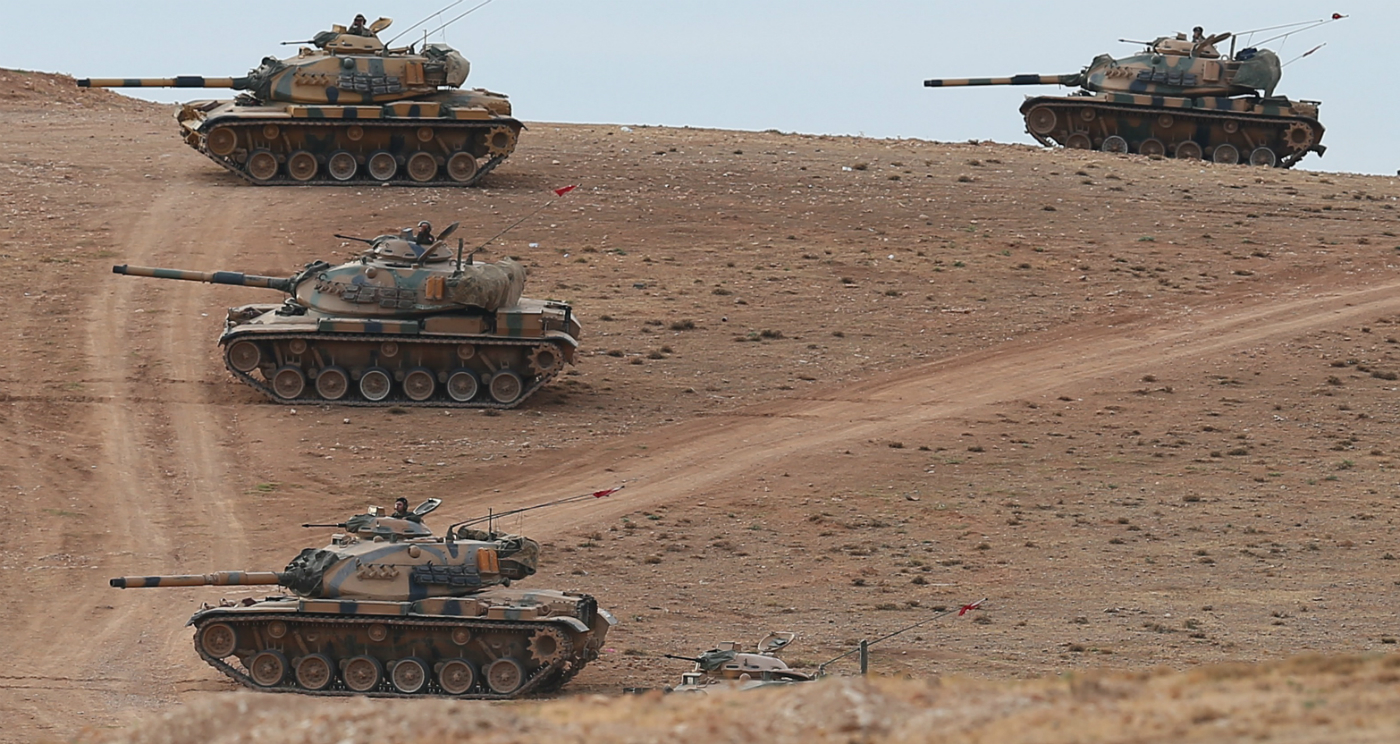
A free daily email with the biggest news stories of the day – and the best features from TheWeek.com
You are now subscribed
Your newsletter sign-up was successful
Dangerous international power plays are altering the nature of Syria’s conflict, exacerbating domestic struggles and inflaming a war that will soon enter its eighth year, commentators are warning.
Despite the civil war winding down, Syria “remains linked into a web of war and power politics, which guarantees more conflict”, says the BBC’s Jeremy Bowen.
Russia, Iran, Turkey, the US and British special forces are all involved. Proxy wars have broken out between Israel and Iran, Turkey and the Kurds, and the US and Russia.
The Week
Escape your echo chamber. Get the facts behind the news, plus analysis from multiple perspectives.

Sign up for The Week's Free Newsletters
From our morning news briefing to a weekly Good News Newsletter, get the best of The Week delivered directly to your inbox.
From our morning news briefing to a weekly Good News Newsletter, get the best of The Week delivered directly to your inbox.
Carving up Syria
The US has built up its presence in northern and eastern Syria “with a military force augmented by proxy Kurdish and Arab militias, as well as a nation-building exercise in areas liberated from Islamic State”, says The Guardian.
The US has carved out territory east of the Euphrates and south towards the Iraqi border, just as the other regional powers have done, the newspaper adds. British special forces are working alongside the US as part of the operation in support of the Syrian Kurdish fighters.
Turkey and its proxies control territory north of Aleppo, while Russia and Iran vie for influence in central Syria and close to the Israeli border.
A free daily email with the biggest news stories of the day – and the best features from TheWeek.com
Proxy wars
The war in Syria has taken several bloody turns in recent weeks.
In an apparent first, Israeli and Iranian military forces clashed in Syria in early February following months of tension. Israel launched a large-scale attack on 12 targets, a third of them Iranian, after one of its jets was shot down by anti-aircraft missiles. Israel’s Prime Minister Benjamin Netanyahu said Israeli forces would press ahead with Syria operations.
The Los Angeles Times says the chain of events threatens to escalate into “active combat” between Syrian government forces and Israel, which has remained an outsider in the war.
The escalation of violence shows “the extent to which the country has become a battleground between Israel and Iran, bitter foes in the region”, reports The New York Times.
In a separate clash, Syrian state television showed footage this week of what was described as “popular forces” entering Afrin town, less than 20 miles from the Turkish border. Within minutes, plumes of smoke rose overhead from an apparent Turkish strike against pro-Syrian fighters, says the Financial Times.
Meanwhile, Russian intervention is usually limited to air strikes helping the forces of Syrian President Bashar al-Assad. But in yet another escalation of tension, Russia’s foreign ministry has confirmed that “several dozen" Russian citizens - not soldiers - were killed or wounded in a recent battle in Syria. No details were provided.
“Some reports have said more than 100 Russian mercenaries were killed in US air strikes on 7 February,” says the BBC.
An extreme future
These conflicts - in addition to a bloody offensive by Syrian forces in East Ghouta that has killed up to 250 people in the last two days - make the dream of a unified Syria appear an increasingly distant prospect.
“A political solution in Syria will be in the form of a deal between states, where the Americans agree with the Russians and Turks and Iranians and the Gulf countries on who will retain influence in the various regions,” a Syrian source who works with the US in Raqqa province told The Guardian. “Once the cake is divided, there will be a political solution in Syria.”
Until then, Syria “remains a microcosm for the defining conflict playing out across the Middle East today: secularism vs. Islamism”, says Time magazine.
On one side are those pushing for a more secular Syria - Russia, the US and to some extent, the United Arab Emirates. On the other side, Turkey, Iran and Qatar are pushing for an Islamist Syria.
“Whichever constellation of actors emerges victorious will go a long way in determining Syria’s future tilt towards one of the two extremes,” Time concludes.
-
 How the FCC’s ‘equal time’ rule works
How the FCC’s ‘equal time’ rule worksIn the Spotlight The law is at the heart of the Colbert-CBS conflict
-
 What is the endgame in the DHS shutdown?
What is the endgame in the DHS shutdown?Today’s Big Question Democrats want to rein in ICE’s immigration crackdown
-
 ‘Poor time management isn’t just an inconvenience’
‘Poor time management isn’t just an inconvenience’Instant Opinion Opinion, comment and editorials of the day
-
 Netanyahu’s reforms: an existential threat to Israel?
Netanyahu’s reforms: an existential threat to Israel?feature The nation is divided over controversial move depriving Israel’s supreme court of the right to override government decisions
-
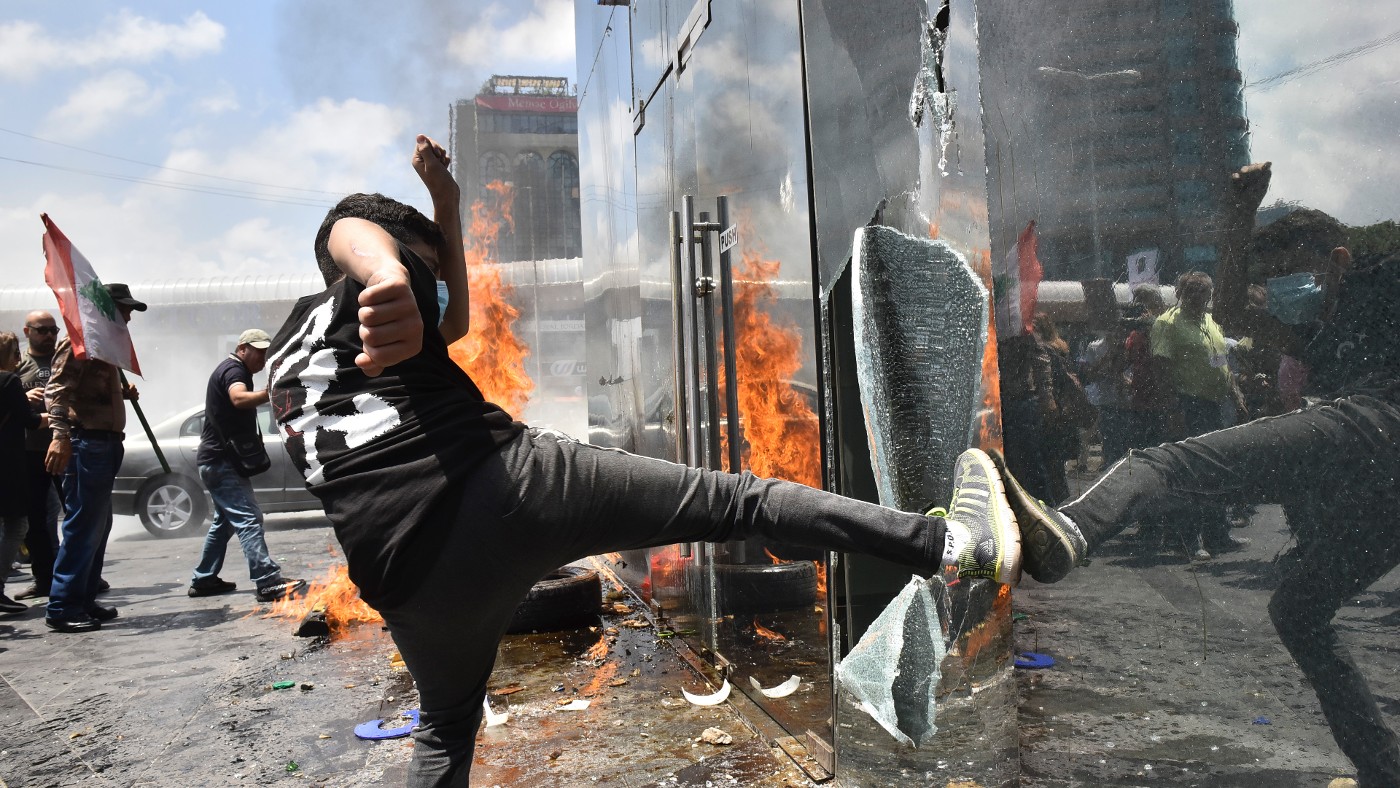 A country still in crisis: Lebanon three years on from Beirut blast
A country still in crisis: Lebanon three years on from Beirut blastfeature Political, economic and criminal dramas are causing a damaging stalemate in the Middle East nation
-
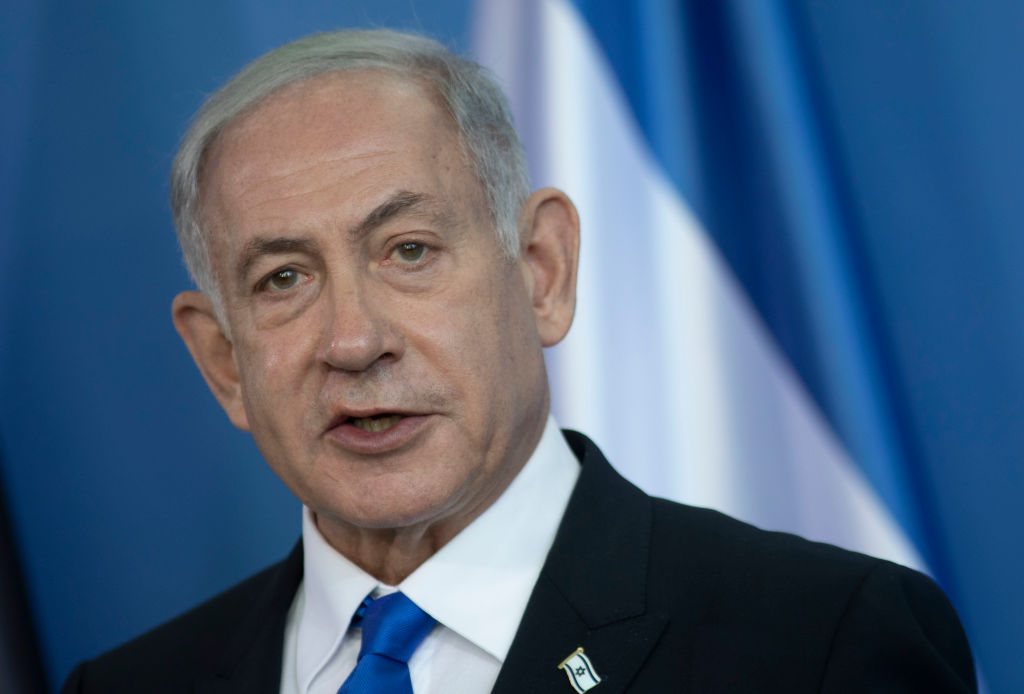 The past controversies of Benjamin Netanyahu
The past controversies of Benjamin NetanyahuUnder the Radar The Israeli prime minister has been in hot water before
-
 Israel on edge, Netanyahu hospitalized ahead of Supreme Court overhaul vote
Israel on edge, Netanyahu hospitalized ahead of Supreme Court overhaul voteSpeed Read
-
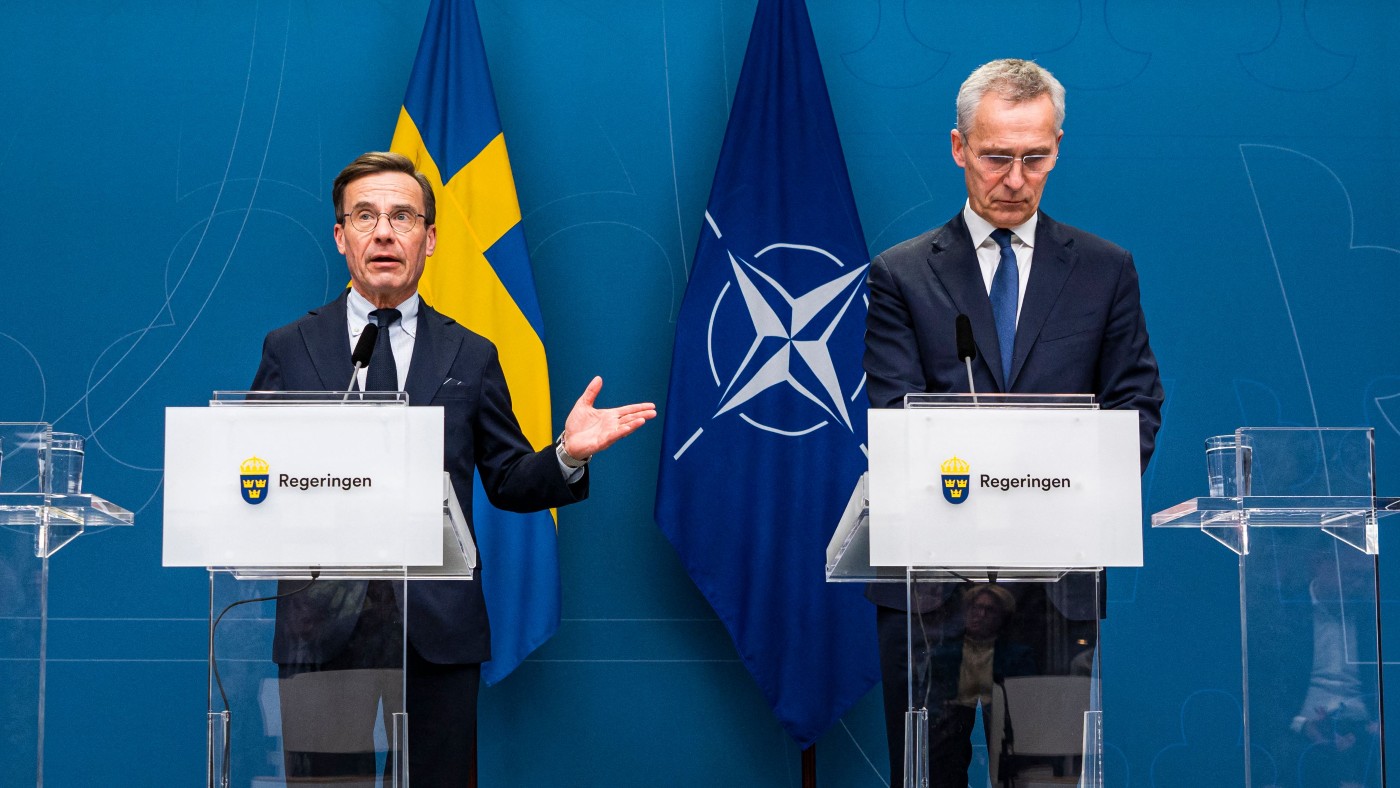 Non-aligned no longer: Sweden embraces Nato
Non-aligned no longer: Sweden embraces Natofeature While Swedes believe it will make them safer Turkey’s grip over the alliance worries some
-
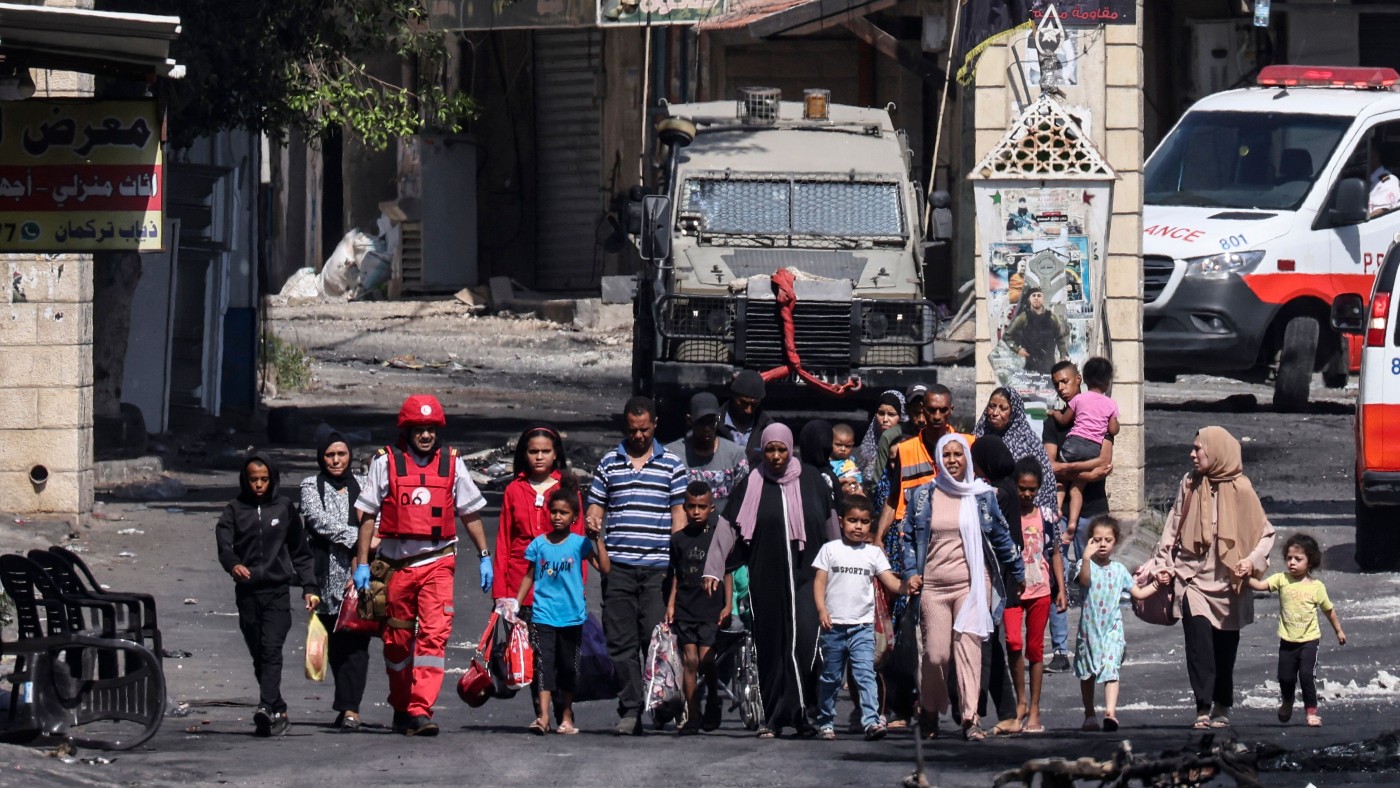 Jenin and the endless cycle of Palestinian displacement
Jenin and the endless cycle of Palestinian displacementfeature Refugee camp at the heart of a struggle around demographics, displacement and mobility
-
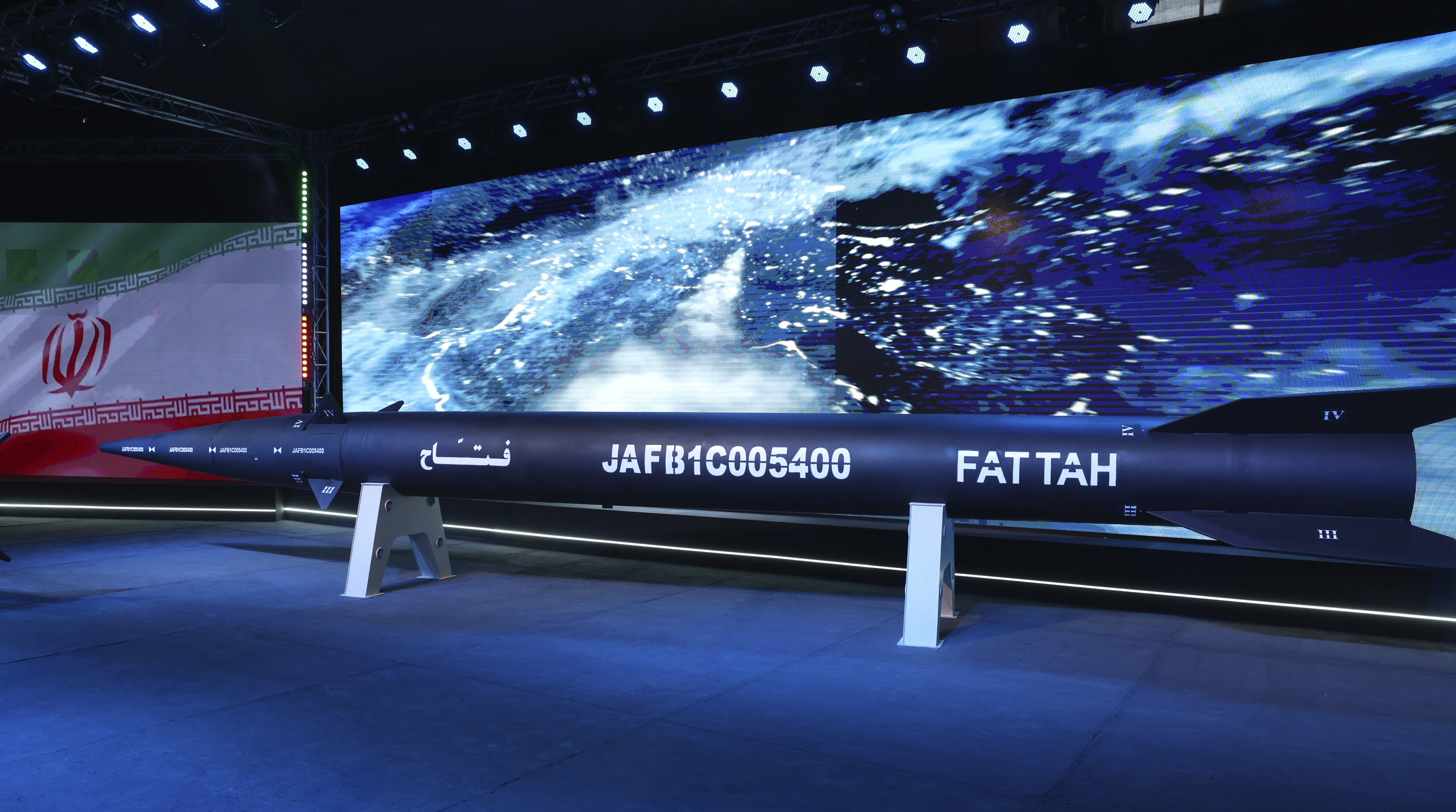 Iran claims to have built its first hypersonic missile
Iran claims to have built its first hypersonic missileSpeed Read
-
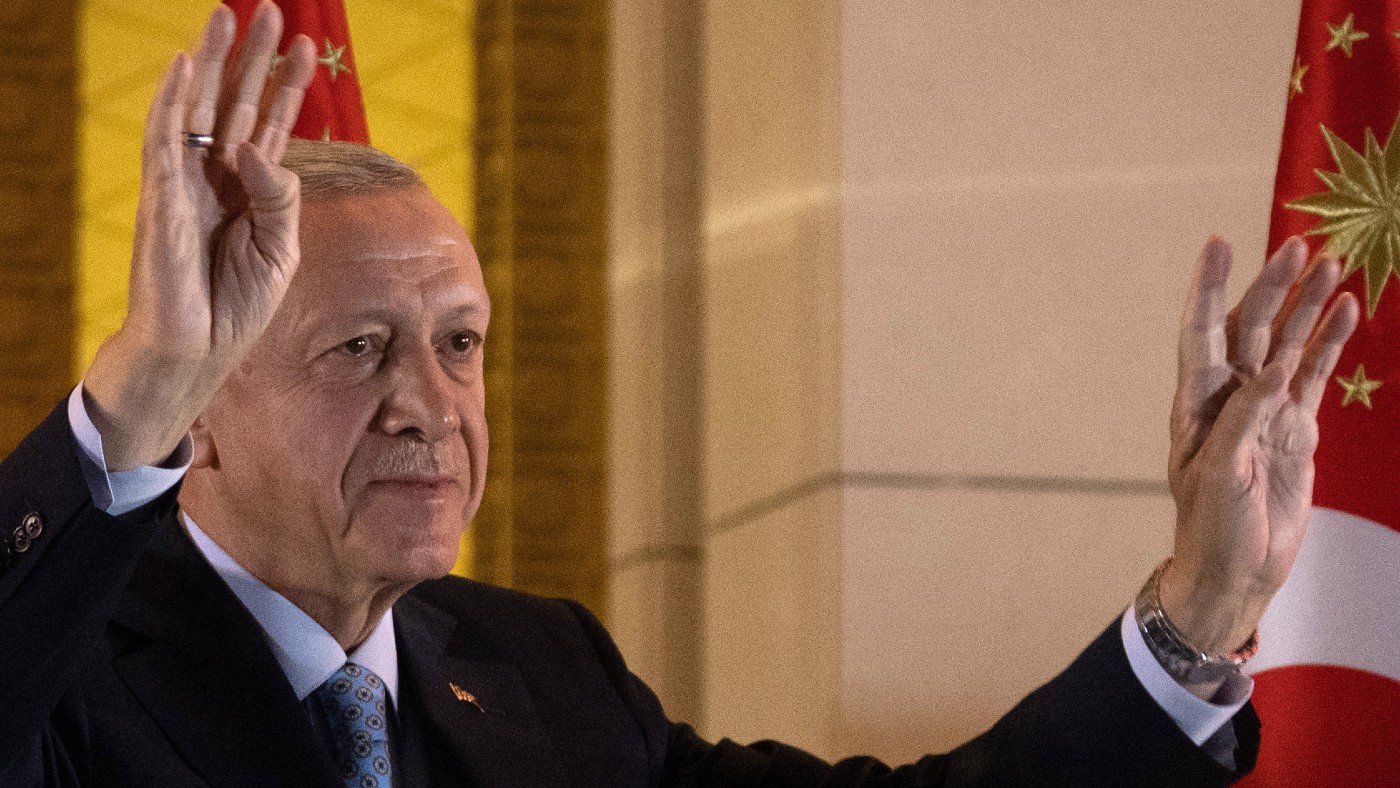 How Erdogan held onto power in Turkey and what this means for the country’s future
How Erdogan held onto power in Turkey and what this means for the country’s futurefeature Staunch support from religious voters and control of the media ensured another five-year term for Turkish president